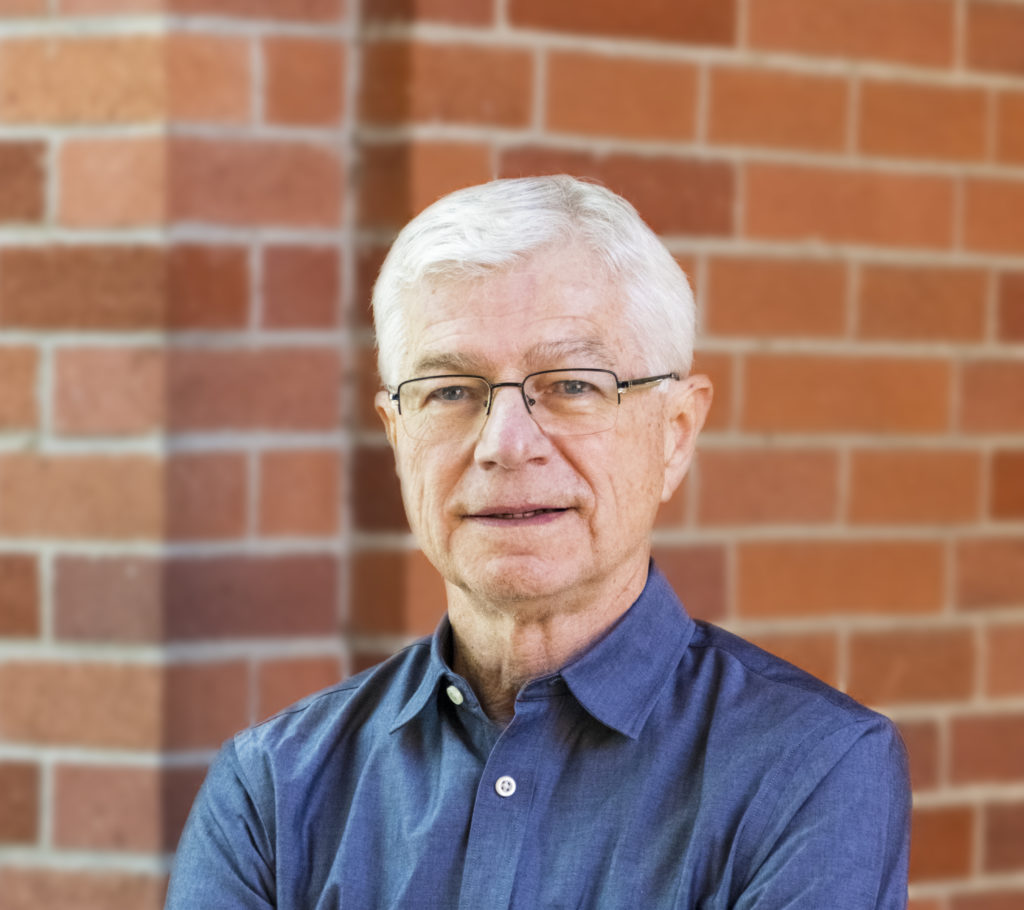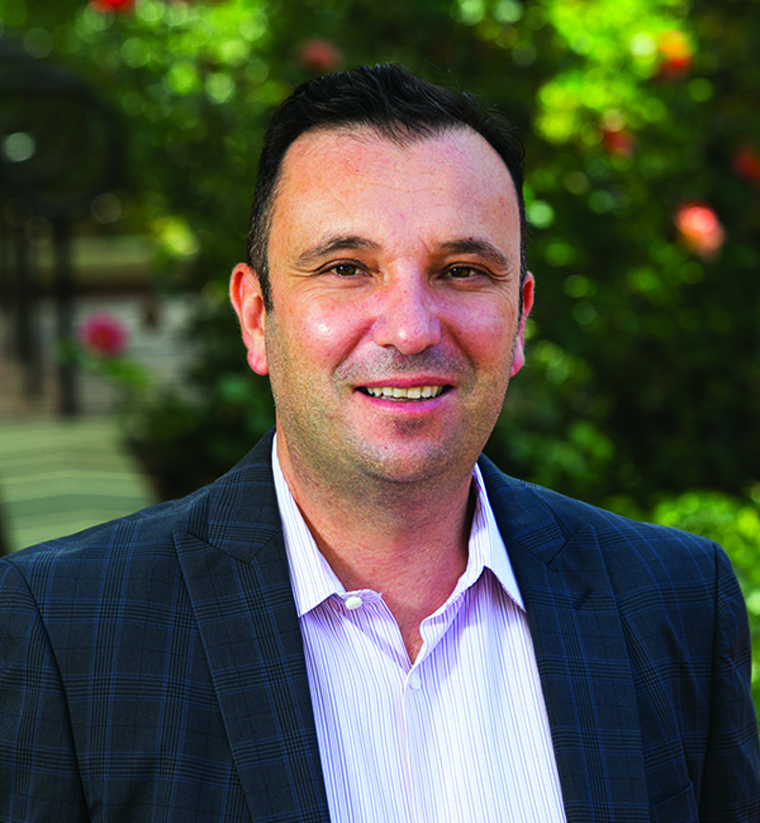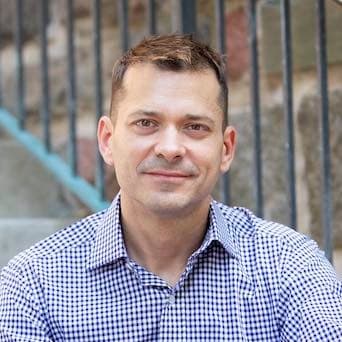By: Eric Ruble
- Industry will react to economic motives
- Pricing carbon must be expedited
- Renewable energy costs are dropping
Climate change is a matter of life and death – at least for humans.

That’s one takeaway from the latest report from the United Nations’ Intergovernmental Panel on Climate Change (IPCC), which shows that without substantial action within the next few years, global temperatures will warm beyond 2.7 degrees Fahrenheit by the middle of the century, leading to further sea-level rise, droughts, extreme weather events, food and water shortages, and other negative outcomes.
But the report also includes promising findings about renewable energy and a slowing rate of carbon-emission growth.
Three University of Southern California professors say that while the report’s urgency is clear, it’s long past time for powerful people to make difficult decisions that will ultimately safeguard humanity and the planet.
To do the right thing, industry needs an economic incentive
USC Price Professor Dan Mazmanian says that no matter what happens to the Earth, it will be here for eons. The people who inhabit it, however, may not.

“It’s coming at civilization; it’s not coming at the planet,” said Mazmanian, who will be finishing up his leadership of USC President Carol Folt’s Working Group on Sustainability in Education, Research, and Operations at the end of this month.
Mazmanian believes industry will only change to greener ways if it makes sense for their bottom line. He says a prime example is the automotive sector, where most manufacturers have pivoted toward electric vehicles due to rising demand, including from China.
“If you want to operate in China, you better figure out an EV strategy,” Mazmanian said.
Like many economists, he is a believer in carbon pricing, which puts a price on the damage that goods and services cause when they produce greenhouse gases.
“If you’re charging me for the harm I’m causing, I’m going to resent it, but I’m probably going to change my behavior too,” Mazmanian said.
However, he pointed out that current carbon prices do not reflect the real harm that emissions cause.
“It’s a good thing to start, but unless you get real about it, it’s a palliative. It’s not the true cost,” he said.
USC Price Professor Antonio Bento also sees carbon pricing as part of the solution. But he says it must be legislated carefully to avoid harming low-income groups.
“It’s going to be important to design policy that recognizes that not everybody in the economy is going to be affected the same way,” Bento said.

Some of the best news in the IPCC report? The cost of renewable energy has plummeted. Since 2010, there have been consistent decreases of up to 85% in the cost of batteries, solar energy and wind energy.
Bento says carbon pricing would further stimulate this change.
“If I price emissions, then I’m also sending signals to the economy that perhaps investors should start channeling investment toward renewable and clean energy. By default, that triggers the energy transition that is required,” he said.
Widespread collaboration is imperative
The IPCC report urges collaboration across the private and public sectors.
Bento believes the most powerful countries have to lead the way.
“What we really need is a major economic block – either the U.S., China or a group of European countries – to really take the lead and set up a policy regime that then triggers some kind of domino effect around the world,” he said.
But how do you get people – and the organizations they run – to make a change?
USC Dornsife Professor Joe Árvai is the director of the Wrigley Institute for Environmental Studies, which recently launched the Center for Social Transformation. The new research center is aimed at studying how to change people’s decision-making patterns.

“What we’re really focused on right now is behavior change. We’re all growing tired of more and more reports that tell us how deep a hole we’re in. It’s imperative that we get past what I see as climate gridlock and get people actually changing their ways of thinking and changing their behavior,” he said.
Árvai is also working on how to get information decision support tools into the hands of decisionmakers, “not for the sake of saying that you did, but giving it to them in a way that provides maximum insight into the kinds of choices that they need to make.”
He believes academic institutions like USC must prioritize providing this in the form of research and policy-facing engagement.
“It’s one of those challenges that’s really going to take a full-court press from everyone on this campus,” he said.
As for the future of IPCC, Bento and Árvai say the panel and the related UN Conference of the Parties (COPs), where global leaders are supposed to hammer out climate agreements, need reform.
“I have become less excited about the IPCC and about the UN COP meetings,” Bento said. “They have become general public awareness reminders rather than anything else.”
Árvai, who was a delegate at COP 26, said that while the IPCC reports are well-intended and accurate, they become “background noise” amid political jockeying by policymakers at the COPs.
“What we really need are entities that are lot more decision-focused and policy-oriented, and that are aimed at getting people together to make real progress,” Árvai said.
The professors’ perspective is clear: people are tired of hearing about the problem. They want to see solutions.